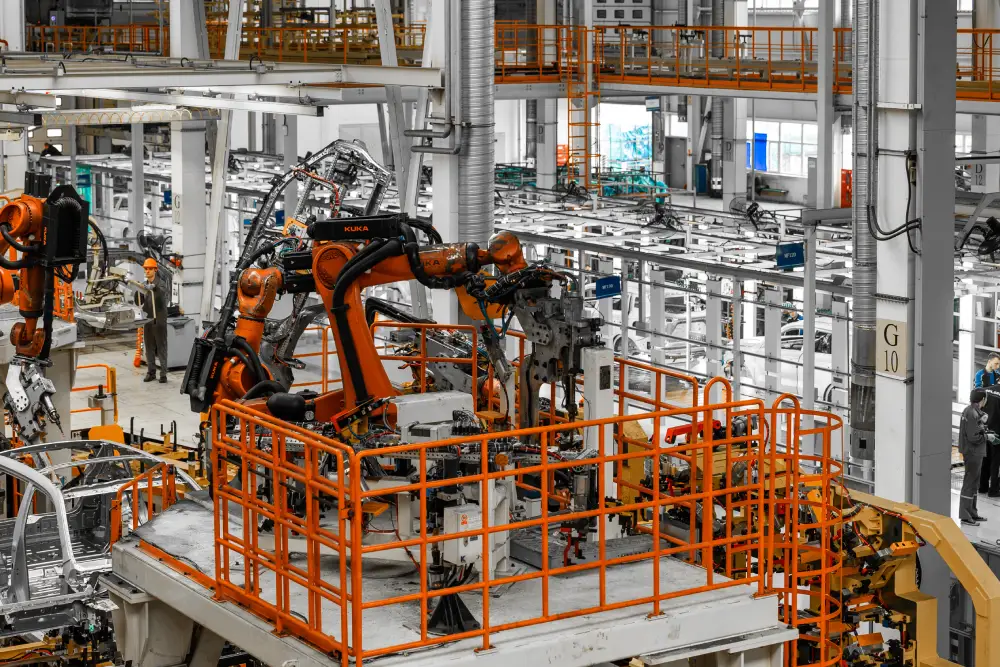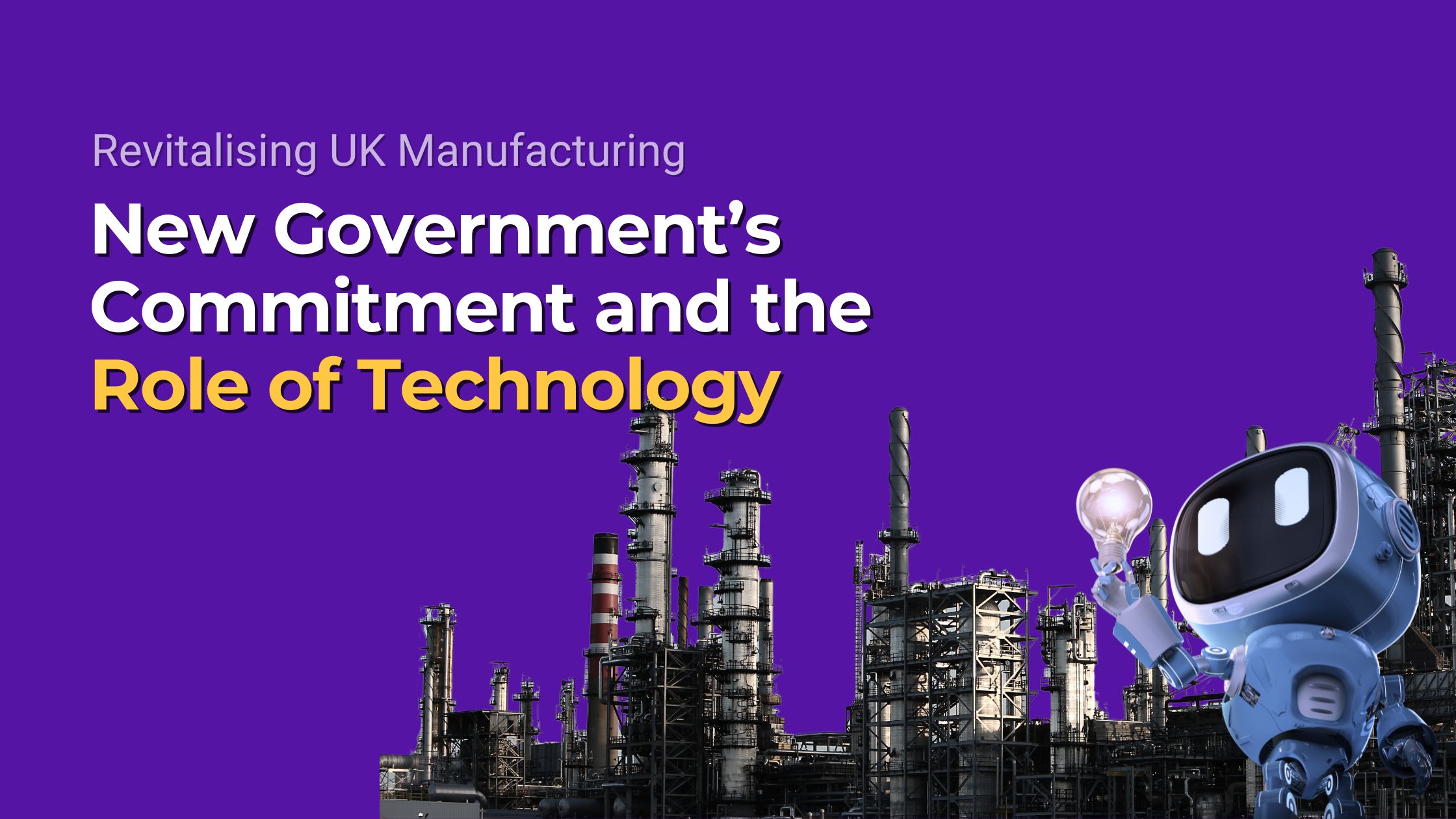With recent changes in the UK and the new government’s dedication to revitalising the manufacturing industry, it seems timely and strategic to explore synergies that can drive economic growth in this sector. New government’s commitment to revitalising the UK manufacturing industry is a cornerstone of their economic strategy. By focusing on key sectors like steel and automotive manufacturing, and leveraging the power of technology, new government aims to drive sustainable growth and enhance the UK’s competitive edge. Here’s a look at their plans and how technology can support these initiatives.
Investment in Clean Steel for New Government's Commitment
New government has pledged £2.5 billion to support the UK steel industry, emphasising clean steel technologies. This investment is aimed at making the UK a leader in green steel production, a critical step given the industry’s role in decarbonisation. Clean steel technologies, such as hydrogen-based steelmaking and electric arc furnaces, can significantly reduce carbon emissions compared to traditional methods.
Role of Technology:
- Hydrogen Production: Advanced electrolysis technology can produce green hydrogen efficiently, serving as a clean energy source for steel production.
- AI and Machine Learning: These technologies can optimise steel manufacturing processes, reducing waste, and improving energy efficiency.
Boosting the Automotive Industry

New government’s automotive sector deal aims to create 80,000 high-skilled jobs and produce two million electric cars. This includes building new battery factories and ensuring reliable charging networks across the UK. The plan also focuses on securing resilient supply chains and supporting R&D in automotive technologies.
Role of Technology:
- Battery Technology: Advances in battery chemistry and manufacturing can enhance the range and efficiency of electric vehicles (EVs).
- Smart Grids and IoT: Integrating EVs with smart grids can optimise charging times and reduce strain on the electricity network.
- Autonomous Vehicles: Continued development in autonomous driving technology can position the UK as a leader in the future of transportation.
National Wealth Fund
The National Wealth Fund, with a capital of £7.3 billion, is designed to support transformative investments in manufacturing. This fund aims to attract significant private investment, creating jobs and driving growth across the country.
Role of Technology:
- Fintech: Leveraging financial technology can streamline investment processes and ensure efficient allocation of funds.
- Blockchain: This technology can provide transparent and secure tracking of investments and project outcomes.
Infrastructure and Planning
New government plans to streamline the planning system to expedite infrastructure projects. This includes constructing battery gigafactories and renewable energy infrastructure. Efficient planning and execution are crucial for supporting the growing demands of the manufacturing sector.
Role of Technology:
- BIM (Building Information Modelling): BIM can improve the design, construction, and management of infrastructure projects, ensuring they are completed on time and within budget.
- Drones and GIS: These tools can assist in site surveys and monitoring, enhancing precision and reducing project timelines.
Energy and Decarbonisation
New government’s strategy includes making the UK a clean energy superpower by 2030, with significant investments in renewable energy and green technologies. This initiative aims to reduce industrial energy costs and enhance the competitiveness of UK manufacturing.
Role of Technology:
- Renewable Energy Technologies: Innovations in solar, wind, and tidal energy can provide sustainable power sources for manufacturing facilities.
- Energy Storage: Advanced battery storage systems can ensure a stable energy supply, balancing intermittent renewable energy sources.
- Smart Energy Management: IoT and AI can optimise energy use within manufacturing plants, reducing costs and carbon footprints.
New government’s comprehensive plan for the UK manufacturing industry combines strategic investments, regulatory reforms, and technological innovations to create a sustainable and competitive future. By integrating cutting-edge technologies across various sectors, new government aims to drive growth, create high-skilled jobs, and establish the UK as a leader in clean manufacturing.
Due to these new government initiatives, Intelisense has observed a positive impact on the manufacturing sector. This collaboration can significantly contribute to the realisation of new government’s vision for a revitalised and forward-looking manufacturing sector in the UK.
All insights and statistics for this blog have been gathered from the Labour Party’s official website. For more detailed information, please visit economic growth plan.
